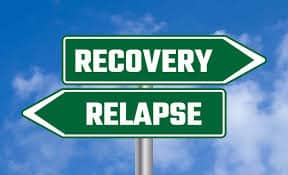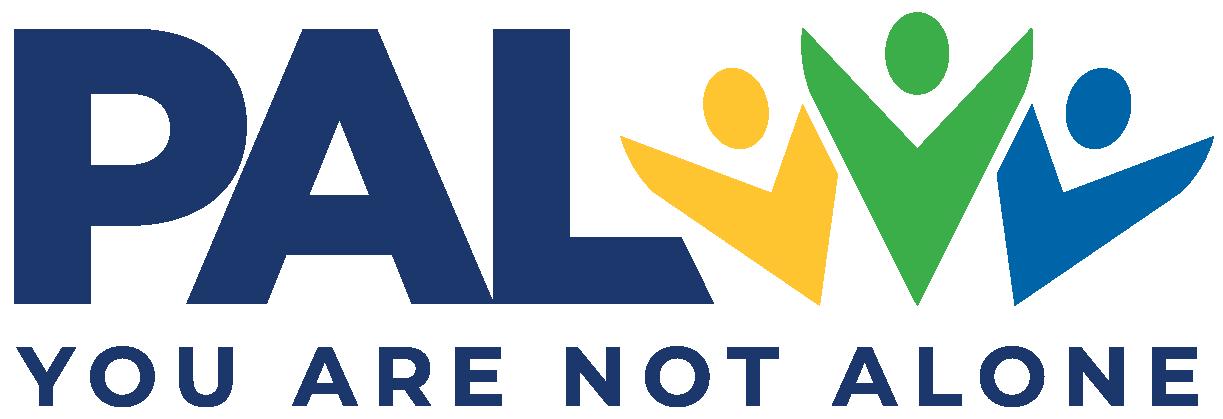
Fall is that time on your journey when your adult child relapses. Yes, your son or daughter has had a period of progress, but he or she has returned to drugs or alcohol, and it feels as if the chill of winter has returned as the leaves fall from the trees again. Summer may be short or long, but fall can arrive unexpectedly. As unpleasant as your worry, anger, and shame may be, this turn of events is not unexpected. In fact, this emotional pain is the price we pay for caring. And winter, as we will see, has not returned…
Relapse
As unpleasant as it is initially, relapse can be an important learning experience for your adult child and you. If it occurs, and it frequently does, focus on what you can learn from this experience. That way, your pain will have purpose and not be wasted.
A simple definition of relapse is “A return to using an addictive substance by a person suffering from addiction after a period of self-imposed abstinence.” There’s a saying in the recovery field that “relapse is part of recovery.”
It is possible, however, for a person to have a successful recovery without having a single relapse. It can happen; it just doesn’t happen very often. The important point here is that having a relapse is not necessary for having a successful recovery.
Nonetheless, relapse is for many people part of recovery. Like most wise sayings, this can be easily misunderstood. When someone suffering from addiction hears that relapse is part of recovery, he or she might then say to themself, “Hey, I am going to go drink or use drugs now because relapse is part of recovery, so why not?” Yes, those who are suffering from addiction can misuse this statement. But truth be told, they can turn around any statement and use it to justify using addictive substances.
When I hear someone imply it is okay to relapse because of that saying, I remind them, “Yes, relapse is part of recovery, but the consequences of relapse are part of recovery, as well.”
Some people have had the experience of their loved one having multiple relapses. This means that their adult child also has had multiple times of being clean and sober.
Other families will have a different experience. It might be that their adult child has never had a period of wanting to live life of recovery, in other words, a period of self-imposed abstinence from mind altering drugs. In any case, relapse is a very common phenomenon in recovery and we want to make sure that it is not a wasted situation in which nothing was learned from the experience.
Why wasn’t anything learned? Your adult child may not want to learn from the experience, or not believe there is anything to learn, or be too embarrassed to discuss it. These are just some of the possibilities.
The question is, will you learn something from it?
When your adult child relapses, you could benefit from professional help. You may not know about the relapse immediately, but as soon as you do, it is recommended you get help as soon as possible. Waiting doesn’t help and probably delays getting back on the right track.
Excerpt from The Four Seasons Of Recovery, for Parents of Alcoholics and Addicts, Mike Speakman, Founder of Parents of Addicted Loved Ones
